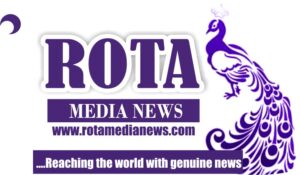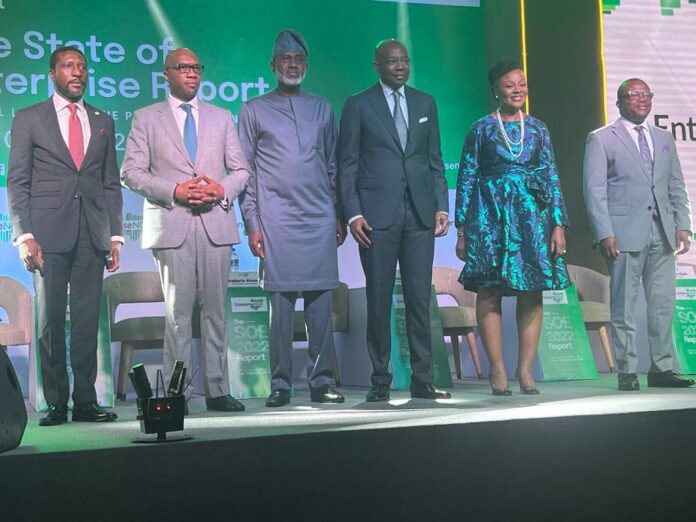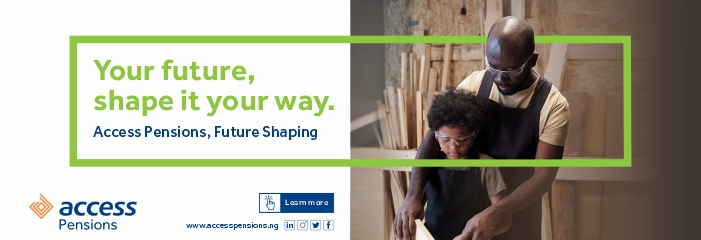The EnterpriseNGR launched the maiden edition of its annual publication titled ‘The State of Enterprise (SOE) Report, 2022: Analysing Nigeria’s Financial and Professional Services Sector’ as part of the activities to mark its first year anniversary.
The EnterpriseNGR, yesterday, said that the SOE report would be a first-of-its-kind annual industry publication that would analyse the Financial and Professional Services (FPS) sector holistically and individually spotlighting the key sub-sectors of the FPS universe by highlighting the significant achievements of the FPS sector and its contributions to Nigeria’s economy.

According to the EnterpriseNGR, the SOE report, which has been scheduled to be launched on Wednesday, October 12, will present “accurate and up-to-date insights into the (FPS) sector’s impact as a growth catalyst for the economy, while identifying the challenges facing the sector.”
The launch of the SOE report kicked off with a welcome address by the Chairman of the Board of EnterpriseNGR, Mr. Aigboje Aig-Imoukhuede, and followed by an insightful keynote address to be delivered by a Professor of Economic Policy at the University of Oxford, Director, Center for the Study of African Economies, Oxford, Professor Stefan Dercon, who is also the author of the bestselling book: ‘Gambling on Development: Why Some Countries Win and Others Lose’.
It added that a major highlight of the launch event would be an interactive panel discussion on the findings of the SOE Report 2022 by prominent experts from different sub-sectors of the FPS.
“The panelists will include the CEO of FBNQuest Merchant Bank Limited, Mr. Kayode Akinkugbe; the Partner, Templars, Mr. Olumide Akpata; the Group Managing Director of Investment-One, Mr. Nicholas Nyamali; the Deputy Managing Director of Access Bank Plc, Mrs. Chizoma Okoli; the Chairman of Tangerine Africa, Mr. Eric Idiahi, and Partner, PWC Nigeria, Mr. Obioma Ubah,” the press release said.

It added that EnterpriseNGR has developed strategic programs and initiatives in line with its mission to champion the development and transformation of Nigeria’s economy.
These initiatives included “the Youth of Enterprise (YOE) Internship Programme focused on training Nigerian youth on employability skills and facilitating their smooth transition to the workplace.”
It also added that EnterpriseNGR has a strong membership network of reputable organisations that are committed to leveraging their resources and influence to achieve its vision.
They include Tengen Family Office (represented by Mr. Aigboje Aig-Imoukhuede, CON), Nigerian Exchange Group, Aluko & Oyebode, Coronation Merchant Bank Limited, FBNQuest Merchant Bank Limited, FMDQ Group, Chapel Hill Denham, Central Securities Clearing System Plc (CSCS), PwC Nigeria, Templars, Access Bank Plc, DLM Capital Group, Investment One Financial Services Limited, Custodian Investments Plc, Tangerine Financial Limited, Meristem Securities Limited, Bank of Industry, First Ally Capital Limited and Imperial Asset Managers Limited.






